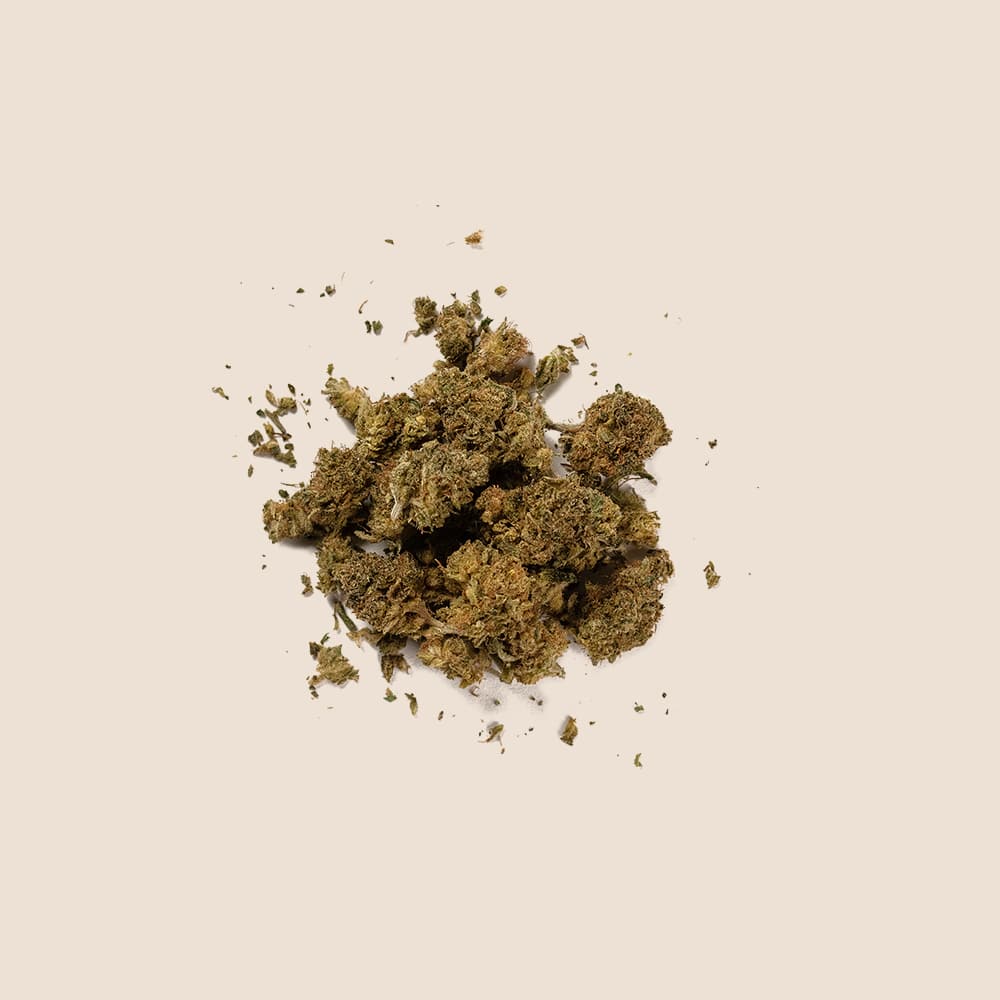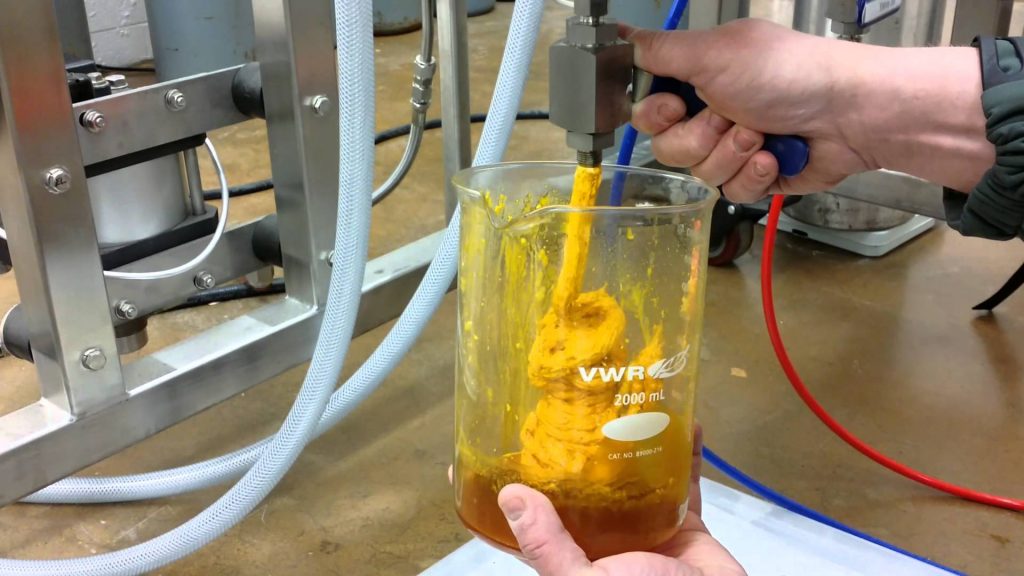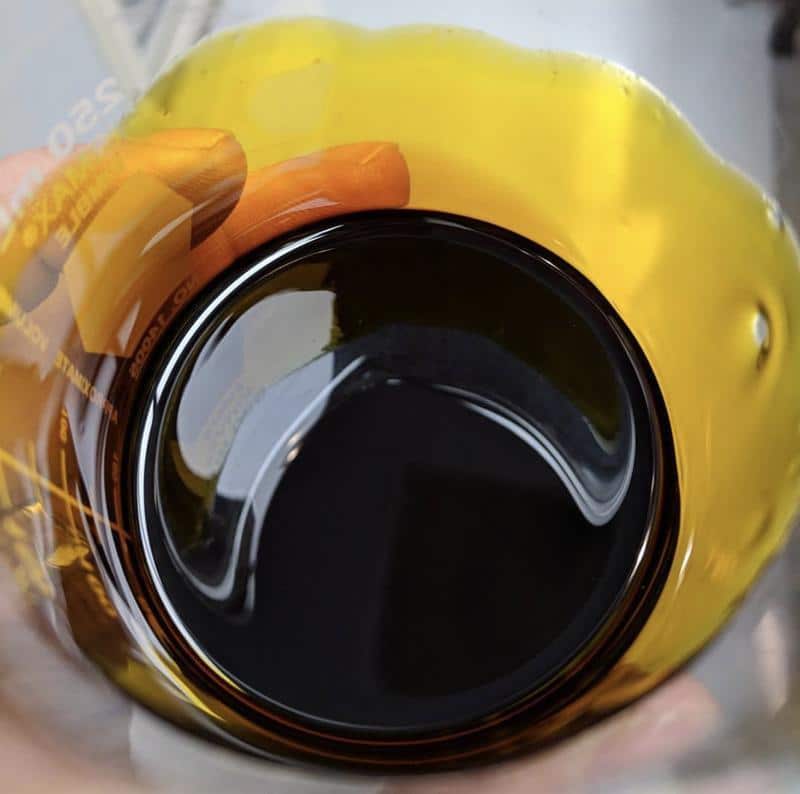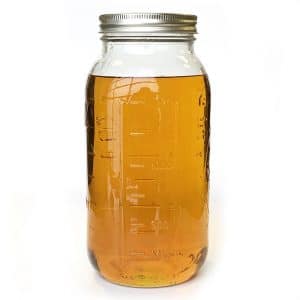CBD hemp flower is a remarkable product. You get many cannabis plant health benefits without the psychoactive effects of “marijuana.”
But while we’ve spent a lot of time discussing CBD’s potential therapeutic applications, CBD’s physical appearance somewhat lacks representation. Odds are you’ve purchased CBD products like CBD oil or vape carts and noticed the concentrates’ colors.
What – if anything – do they mean? Can color tell us about the product’s chemical composition? Should we buy CBD based on its color, or does the old saying “don’t judge a book by its cover” still apply?
As in most cases with CBD, the answers aren’t simple.
Hemp vs. Marijuana
Let’s clear the air about this before diving in. You may often read that a vendor sells CBD from “hemp flowers, not marijuana or cannabis.”
However, “hemp” and THC-rich “marijuana” aren’t real species. They’re legal terms based on cultivars (“strains”) of the cannabis sativa plant (a.k.a. “cannabis sativa L.”).
Many factors determine the cannabinoid content of a cannabis plant, such as lineage, nutrients, growing methods, and climate.
Ultimately, law enforcement defines federally legal “hemp” as any cannabis plant cultivar with less than 0.3% THC. Anything exceeding that threshold is “marijuana.” Some harvests may accidentally contain more than the legal limit by a small margin. Growers refer to this as “hot hemp.”
In short, both hemp and marijuana come from the same roots, but centuries of cross-cultivation allowed us to fine-tune each cultivar for a specific use.
This hemp vs. marijuana myth doesn’t affect the quality of your CBD, but it’s important to understand the product as much as possible.
Hemp CBD vs. Marijuana CBD
A moment ago, we established that both “hemp” and “marijuana” refer to the same plant species. It’s, therefore, safe to say that CBD weed and CBD hemp flower provide the same cannabinoid – which is exactly the case.
Whether you get your CBD flower from marijuana plants or hemp plants, the product is identical down to the molecular level (more on that later).
However, CBD oils and other CBD products from higher-THC “marijuana” likely exceed the maximum limit. Consequently, only certain states provide access to regulated CBD cannabis.
Fortunately, it’s easy to access quality CBD from federally legal hemp.
Hemp cultivars have unique physical attributes from many marijuana variants. Specifically, hemp is tall with sparse leaves, indicative of the sativa lineage (often mistakenly associated with specific recreational or medical effects).
Hemp’s appearance is in stark contrast to the short, bushy, indicas (also incorrectly believed to have exclusive effects).
Does CBD from Hemp and Marijuana Look the Same?
Yes, CBD from hemp and marijuana flower look the same. They share an identical source and therefore lead to an identical product. CBD oils from higher-THC cannabis or hemp are indistinguishable from each other.
What Does CBD Look Like?
CBD’s physical appearance isn’t based on a single characteristic. There are many ways to identify specific CBD products based on their appearance.
But keep in mind: same plant, same features.
What Does CBD Flower Look Like?
CBD flower is generally indistinguishable from its intoxicating cousin. We occasionally noticed people pointing out that CBD flower is often darker, such as Pennywise, Cannatonic, or Nebula II CBD.

However, dark green cannabis isn’t exactly rare, again making it impossible to tell CBD hemp flower from marijuana plant flower.
What Does Crude CBD Look Like?
It’s hard to describe what crude CBD looks like on paper, so we decided to show you below.

Admittedly, it’s not very appetizing, but let’s give it some context. While not necessarily a gold star for presentation, this is what high-quality CBD looks like.
This crude CBD underwent CO2 extraction to filter out cannabis plant matter and collect valuable compounds. CO2 stands apart for its solventless technique. Unlike butane or alcohol extraction – which leave behind trace toxins – CO2 filters itself out and presents no known risk to human health when used in this form.
What Does Winterized CBD Look Like?
Once you dig deep into the CBD subcategories, some subtle differences might appear. Specifically, winterized CBD is darker than most conventional CBD products.
Winterized CBD looks like molasses or manuka honey – a dark, almost coffee-brown, color. It’s also more viscous than normal CBD oil, giving it a thick, syrupy consistency.

What Does CBD Distillate Look Like?
CBD distillate looks like light maple syrup or regular honey, with a comparable density.
Don’t be fooled by its golden hue. This doesn’t mean the product contains other compounds beyond CBD. Consequently, you won’t experience the combined benefits of the “entourage effect.”
Instead, distillates are designed to contain higher concentrations of CBD with little else. When vaped, this creates a strong initial effect with a short duration. Through ingestion, your body only experiences the benefits of CBD, forfeiting some critical therapeutic components.
Full Spectrum
Full-spectrum CBD contains its host plant’s entire cannabinoid and terpene profile, including THC. Although this offers the most benefits due to the synergistic effects of whole plant extracts, THC content could concern some people.
Broad Spectrum
Broad-spectrum CBD is a happy medium between full-spectrum CBD oil concentrated distillates.
Carefully processed to remove all traces of THC, broad-spectrum CBD products still boast the same cannabinoid and terpene profiles of their host plants. Broad-spectrum CBD bridges a gap that once confined customers to two extreme options.
What Does CBD Isolate Look Like?
CBD isolate has a crystalline appearance and comes as a clear white powder. This variety contains up to 99% CBD with no additional compounds.
Flavorless and water-soluble, this product is versatile and can be used in edibles without affecting their taste.
What Does a CBD Molecule Look Like?
We’ve covered everything visible with the naked eye, so let’s dig deep and look under the hood. What if we took a powerful microscope and saw CBD at the molecular level?
Unfortunately, we don’t have that kind of equipment lying around, so the following picture will have to do:
Looks boring, but there are some interesting curveballs. The exact molecular formula for CBD is C21H30O2. In other words, the composition is as follows:
- 21 carbon atoms
- 30 hydrogen atoms
- 2 oxygen atoms
This is important because it proves nature has a sense of irony. The non-intoxicating CBD has the exact chemical composition as THC (among a few others). A structural difference is why THC has psychoactive effects while its counterpart is benign.
It’s a bit funny that, at the molecular level, we’re consuming the same elements with drastically different results.
Colorado Botanicals Proprietary Purification Process
Despite being a clean extraction method, CO2 isn’t flawless. A major problem manufacturers face is that the process destroys the majority of plant terpenes. Consequently, companies infuse their final products with botanical terpenes.
Colorado Botanicals values the importance of a true whole-plant extract. We circumvent the CO2 challenge through our proprietary purification process. Unlike the distillation methods used by other vendors, Colorado Botanicals’ “separation technology” relies on low-temperature purification, preventing terpene and flavonoid destruction.
Their unique process generates an equally unique raw extract, with a dark red color.
Can Different Extraction Methods Make CBD Look Different?
Yes. Different extraction methods can make CBD look different. The color of your CBD tells you a lot about how the product was manufactured.
Is It Better for CBD To Look Like Gold or Darker?
First, let’s establish that CBD colors flow on a spectrum. Even the same vendor can generate a different-colored CBD oil from one batch to another.
The general consensus is that gold CBD is the best option. However, it’s imprecise at best to judge the concentration, purity, or quality of cannabis oil based on color alone. Only third-party tests can verify the claims made on each product’s label.
Conclusion: What Does CBD Look Like?
Because it’s from the same species, CBD flower looks like all cannabis flower. Placed side-by-side, “hemp” and “marijuana” CBD have no distinguishing features that set them apart.
The same applies to the plant’s physical appearance, although it follows sativa strain’s size and density.
Extracts can look many different ways. Isolates and distillates with high levels of CBD look clear and light gold respectively. Meanwhile, full and broad-spectrum CBD products can range in color from dark to dark gold.
Winterized CBD is more viscous and has a distinct, coffee-like color and syrupy consistency.
All of these attributes are handy for understanding production quality, but they’re not written in stone. Sometimes color isn’t an accurate way to judge a product.
The only way to guarantee a safe, high-quality purchase is to research the company and examine their third-party lab tests.
The post What Does CBD Look Like? See What’s Inside Your CBD Oil appeared first on Colorado Botanicals.
via Colorado Botanicals https://cobocbd.com/what-does-cbd-look-like/?utm_source=rss&utm_medium=rss&utm_campaign=what-does-cbd-look-like
source https://rosalinaklerkx.weebly.com/blog/what-does-cbd-look-like-see-whats-inside-your-cbd-oil
No comments:
Post a Comment